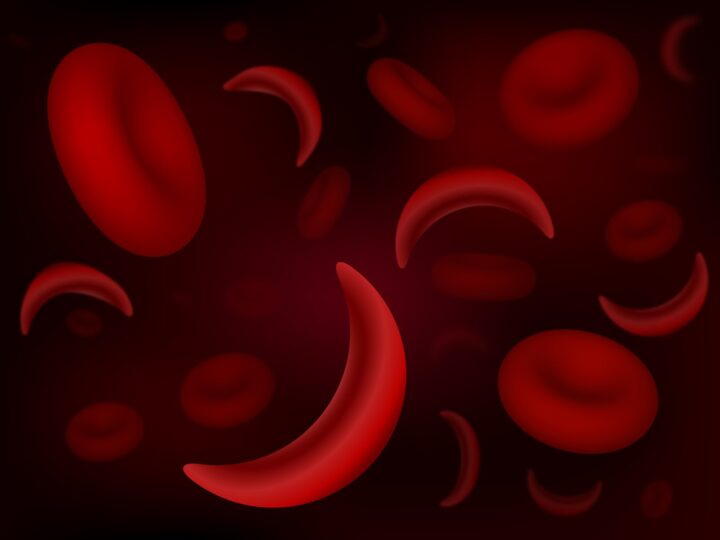sickle cell
A new research says a gene mutation among ancient West Africans caused the sickle cell anemia to be passed down to their descendants.
The research work titled “Whole-genome-sequence-based haplotypes reveal single origin of the sickle allele during the holocene wet phase,” said the disease began with a single ancestor who developed the mutation which initially helped to fend off malaria, but unfortunately created the sickle cell anaemia.
The two lead researchers, Daniel Shriner and Charles Rotimi surveyed about 3,000 genomes, to arrive at their findings.
Human DNA contains two copies of this gene, and when only one copy contains the mutation, carriers are better able to fend off malaria, something which was vital for survival on the African continent centuries ago.
Advertisement
“We investigated the origins of the sickle mutation by using whole-genome-sequence data. We identified 156 carriers from the 1000 genomes project, the African genome variation project, and Qatar. We classified haplotypes by using 27 polymorphisms in linkage disequilibrium with rs334,” they said.
“Network analysis revealed a common haplotype that differed from the ancestral haplotype only by the derived sickle mutation at rs334 and correlated collectively with the Central African Republic (CAR), Cameroon, and Arabian/Indian haplotypes. The posterior distribution of the ancestral recombination graph yielded a sickle mutation age of 259 generations, corresponding to 7,300 years ago during the Holocene Wet Phase. These results clarify the origin of the sickle allele and improve and simplify the classification of sickle haplotypes.”
The World Health Organization (WHO) has estimated that sickle cell has accounted for more than 9% of under-five deaths in West Africa, and 16% of under-five deaths in individual west African countries.
Advertisement
Some health experts say Nigeria has the highest prevalence rate of sickle cell anaemia in the world.






